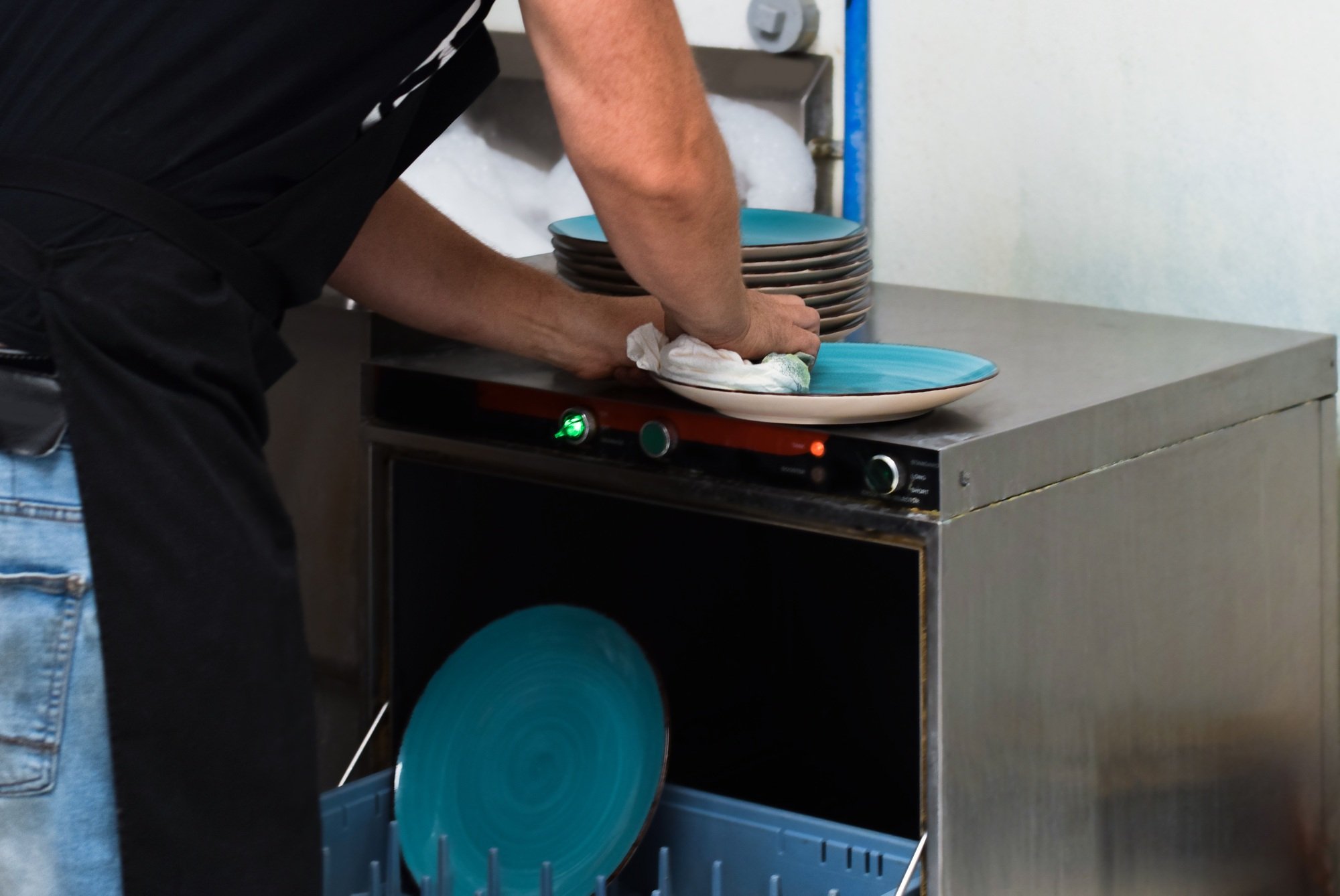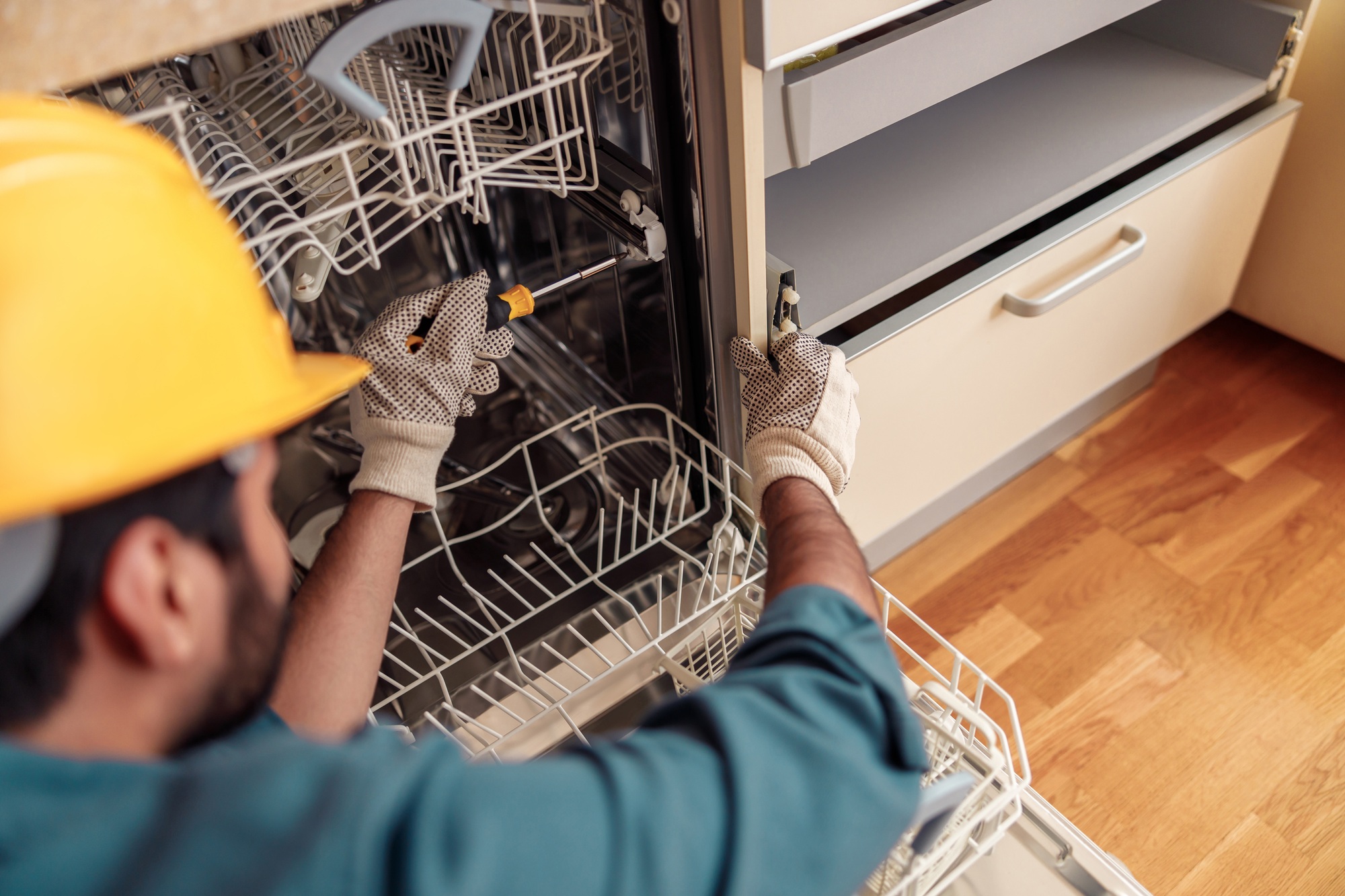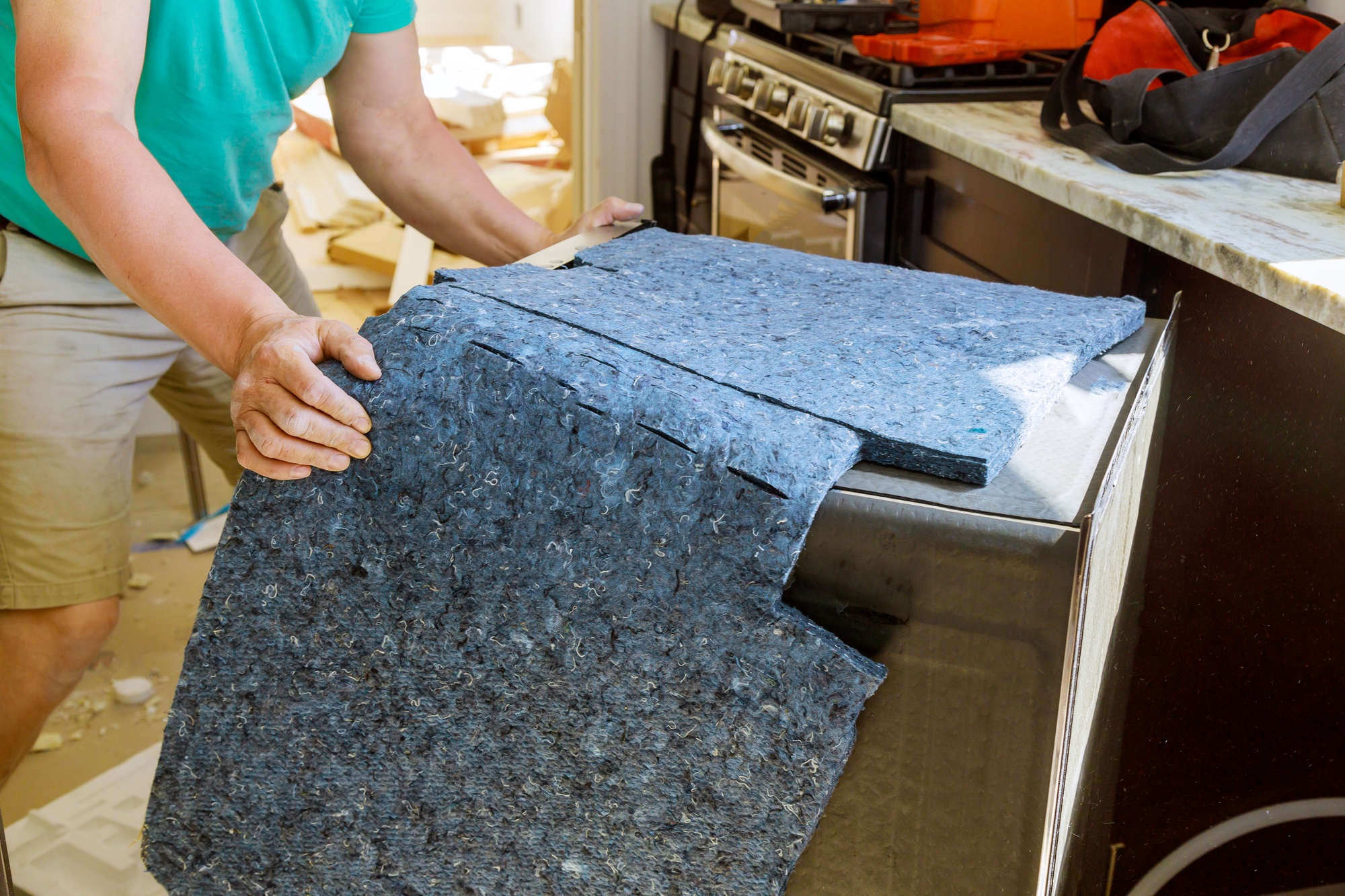Key Takeaways

- Role Importance: Dishwashers are essential for maintaining cleanliness and hygiene in kitchens, supporting the entire kitchen team and ensuring efficient operations.
- Key Responsibilities: Main tasks include cleaning dishes and utensils, sorting items, maintaining dishwashing equipment, and assisting with stocking supplies.
- Essential Skills: Successful dishwashers exhibit attention to detail, strong time management, teamwork abilities, physical stamina, and basic knowledge of cleaning standards.
- Career Advancement: The role provides opportunities for progression into cooking positions, kitchen supervision, restaurant management, or specialized culinary roles.
- Working Environment: Dishwashers typically work in fast-paced kitchen settings, where teamwork and quick action are crucial to meet service demands.
- Health and Safety: Adhering to health and safety standards is vital, including managing physical demands and maintaining sanitation practices in the kitchen.
If you’re considering a role as a dishwasher, you’re stepping into a vital position in the culinary world. Dishwashers play a crucial part in keeping kitchens running smoothly, ensuring that plates, utensils, and cookware are spotless and ready for the next service. This job isn’t just about cleaning; it’s about supporting the entire kitchen team and maintaining a hygienic environment.
Understanding the dishwasher job description is essential for anyone looking to thrive in this role. From handling various dishwashing equipment to managing time efficiently during busy shifts, the responsibilities are diverse. With the right skills and attitude, you can make a significant impact in any restaurant or food service establishment. Let’s dive into the specifics of what it takes to excel as a dishwasher.
Overview of Dishwasher Job Description

Dishwashers play a vital role in small businesses, particularly in the food service industry. You’ll find that the responsibilities include washing dishes, utensils, and cooking equipment to maintain cleanliness and hygiene. This role supports the kitchen staff, allowing them to focus on food preparation and customer service.
Key responsibilities typically involve:
- Cleaning Dishes: Operating dishwashers or manually washing items according to sanitation standards.
- Sorting Items: Organizing cleaned dishes, utensils, and pots for efficient access.
- Maintaining Equipment: Reporting any malfunctions to ensure equipment operates efficiently.
- Assisting with Stocking: Helping replenish supplies, like detergents and cleaning agents.
Essential skills for a dishwasher include:
- Attention to Detail: Ensuring all items are thoroughly cleaned and sanitized.
- Time Management: Working efficiently to keep up with kitchen demands during peak hours.
- Teamwork: Collaborating with kitchen staff to ensure smooth operations.
For small business owners or HR employees, hiring an effective dishwasher can greatly enhance the overall performance of your kitchen. By understanding these responsibilities and skills, you can better assess candidates and ensure they align with your team’s needs.
Main Responsibilities

Dishwashers play a vital role in the kitchen by managing the cleanliness and organization necessary for efficient foodservice operations. Your daily tasks and responsibilities ensure that the kitchen environment remains hygienic, allowing other kitchen staff to focus on food preparation and service.
Daily Tasks of a Dishwasher
- Collect and clear used kitchenware from dining and kitchen areas to streamline the cleaning process.
- Load and unload dishwashing machines for maximum efficiency. Hand-wash specific items like wooden cutting boards, large pots, and delicate china when necessary.
- Store clean dishes, glasses, and kitchen equipment appropriately to maintain accessibility and order.
- Ensure the availability of clean dishes, glasses, and utensils during peak hours, allowing your team to service customers without delays.
Maintenance and Cleaning Duties
- Maintain stock of cleaning supplies, monitoring usage to prevent shortages. Place orders as needed to ensure uninterrupted operations.
- Conduct routine maintenance on dishwashing machines, keeping them in good working condition to support cleanliness and efficiency.
- Clean and sanitize kitchen equipment regularly, ensuring proper hygiene standards are met in your small business environment.
Understanding these responsibilities helps small business owners and HR personnel effectively manage staffing decisions and maintain a well-functioning kitchen.
Required Skills and Qualifications

Understanding the skills and qualifications of a dishwasher is crucial for small business owners and HR professionals in staffing roles. These attributes ensure the success of the individual and the smooth operation of the kitchen.
Necessary Skills for Success
- Attention to Detail: Notice and address cleanliness issues. This skill helps maintain health and hygiene standards, crucial for a small business’s reputation.
- Physical Stamina: Stand for long periods and handle physical tasks. This capability is necessary for washing heavy items and managing equipment effectively.
- Time Management: Complete tasks quickly and efficiently. Dishwashers need to work well under pressure, especially during peak hours.
- Teamwork: Collaborate with kitchen staff to ensure efficient operations. A strong sense of teamwork fosters a positive work environment and enhances overall productivity.
- Basic Knowledge of Cleaning Standards: Understand health and safety regulations. This knowledge is vital for upholding sanitation protocols in a small business kitchen.
- Adaptability: Handle various tasks in a fast-paced environment. Adaptability allows dishwashers to navigate changing demands during busy service times.
Educational and Experience Requirements
Most positions require a high school diploma or equivalent. While formal education isn’t critical, experience in food service or janitorial roles can be beneficial. Small business owners often look for prior experience to ensure candidates can adapt quickly to the kitchen environment. Specific certifications related to food safety and sanitation may enhance employability and demonstrate a commitment to maintaining hygiene standards.
Working Environment

Dishwashers operate in dynamic kitchen environments, often found in small businesses like restaurants and cafes. These settings demand quick action and teamwork to ensure smooth operations.
Typical Work Settings
Dishwashers primarily work in the kitchen, tasked with cleaning dishes, utensils, and cooking equipment. You may also assist by bussing tables, restocking supplies, and performing various kitchen tasks. Your responsibilities often extend beyond the washing area, including unloading delivery trucks and maintaining cleanliness in both dining and kitchen spaces. Your role directly impacts the efficiency of the kitchen team, making it essential to keep items organized for seamless access.
Health and Safety Considerations
Health and safety play a crucial role in your daily operations. You’ll work in hot, humid, and noisy environments that require adherence to sanitation standards. Standing for long periods and lifting heavy loads, such as stacks of dishes and pots, necessitates physical stamina. Utilizing proper techniques for lifting and handling equipment ensures your safety and efficiency. Understanding these health and safety considerations is vital for small business owners and HR personnel in managing employees effectively while maintaining a clean and functional kitchen.
Advancement Opportunities

Working as a dishwasher offers various pathways for career advancement within the culinary and hospitality fields, particularly in small businesses. You gain foundational knowledge and experience that can lead to more responsible roles.
- Cook: Many dishwashers transition into cooking positions, such as line cooks, after mastering basic food preparation tasks. Understanding kitchen operations and food safety lays a strong groundwork.
- Kitchen Supervisor: With experience, you may advance to a supervisory role, overseeing kitchen staff and ensuring efficient workflows. This position requires good leadership and time management skills.
- Restaurant Management: Some dishwashers take steps toward restaurant management roles. Gaining knowledge in staff scheduling, inventory management, and customer service proves beneficial.
- Specialized Roles: Opportunities exist for niche roles, such as pastry chef or catering coordinator, particularly if you pursue further training or education.
Small businesses often value internal promotions. By excelling in your duties, you increase your chances of advancement. Investing in additional training or certifications related to culinary arts can enhance your employability and readiness for promotion. Engaging with your employers about your career aspirations also fosters support for your growth in the company.
Conclusion

Being a dishwasher is a foundational role in any kitchen. You play a vital part in maintaining cleanliness and efficiency while supporting your team. Your attention to detail and ability to manage time effectively can make a significant difference in the overall kitchen operation.
As you gain experience, you’ll find opportunities for advancement within the culinary field. Whether transitioning to cooking positions or exploring management roles, your journey can lead to rewarding career paths. Embracing this role not only enhances your skills but also contributes to the success of the business you work for. Remember that every dish you clean is a step toward your future in the culinary world.
Frequently Asked Questions

What is the main role of dishwashers in a kitchen?
Dishwashers play a crucial role in maintaining cleanliness and hygiene in kitchens. They are responsible for washing dishes, utensils, and equipment, which supports the entire kitchen team and ensures smooth operations.
What are the key responsibilities of a dishwasher?
The primary responsibilities include washing and sorting dishes, maintaining equipment, assisting with supplies, and ensuring overall kitchen cleanliness. Dishwashers also load and unload machines, hand-wash items, and sanitize surfaces.
What skills are important for a dishwasher?
Essential skills include attention to detail, physical stamina, time management, teamwork, and basic cleaning knowledge. Adaptability is also important in a fast-paced kitchen environment.
Do dishwashers need formal education?
Most dishwasher positions require a high school diploma or equivalent, but formal education isn’t critical. Experience in food service or janitorial roles is beneficial and can enhance employability.
What is the working environment like for dishwashers?
Dishwashers typically work in dynamic, hot, humid, and noisy kitchen settings, often in small businesses. They must adhere to sanitation standards and manage physical demands like standing for long periods and lifting heavy loads.
Are there advancement opportunities for dishwashers?
Yes, dishwashers can advance to roles like line cooks or supervisors. With experience and additional training, they can pursue specialized positions or even restaurant management roles, enhancing their career prospects.
Image Via Envato



